
A Fruit People With Kid.ney Disease Should Limit
People with kidney disease must pay close attention to their daily diet, as certain foods can significantly affect kidney function and electrolyte balance. One fruit that individuals with impaired kidney function should be cautious with is grapefruit.
Grapefruit is widely known for its high vitamin C content, rich antioxidants, and dietary fiber. For healthy individuals, it is considered a nutritious fruit that supports immunity and overall wellness. However, for people with chronic kidney disease (CKD), consuming grapefruit requires careful consideration. The main concerns lie in its mineral composition and its strong interactions with medications.
High Potassium Content: A Serious Concern for Kidney Patients
Grapefruit contains a considerable amount of potassium, an essential mineral that plays a vital role in muscle contraction, nerve function, and heart rhythm. In healthy individuals, the kidneys regulate potassium levels by filtering out excess amounts.
However, for patients with kidney impairment, the kidneys lose their ability to efficiently balance potassium. As a result, potassium can accumulate in the bloodstream, leading to hyperkalemia — a potentially life-threatening condition.
Hyperkalemia can cause:
-
Irregular heartbeat
-
Muscle weakness
-
Fatigue
-
Risk of cardiac arrest in severe cases
According to the American Kidney Fund, people with moderate to severe kidney disease should strictly limit their daily potassium intake. Since grapefruit is considered a high-potassium fruit, consuming it can push potassium levels above safe limits, increasing the risk of dangerous cardiovascular complications.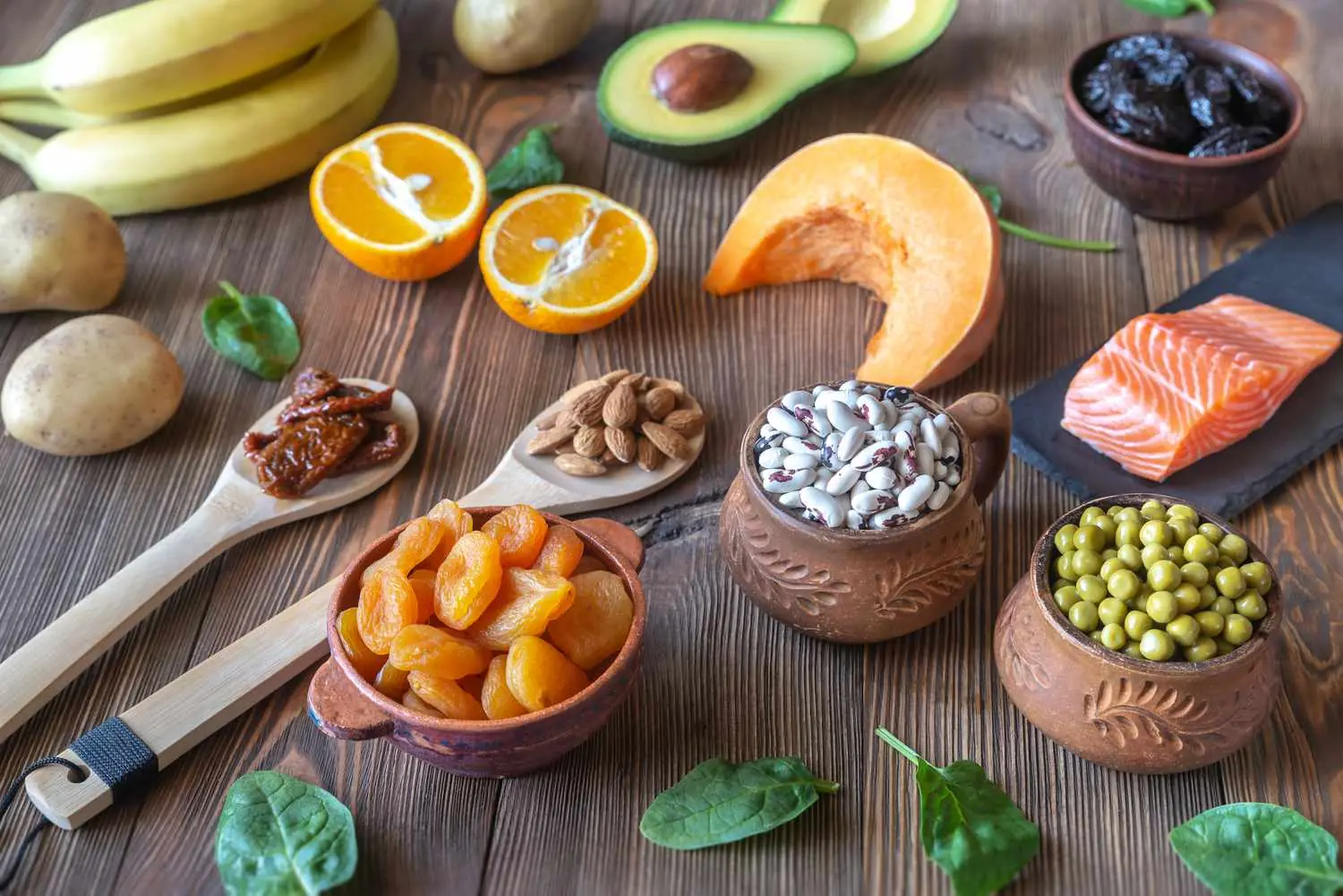
Grapefruit Can Interact With Common Kidney Medications
Beyond potassium, grapefruit poses another significant concern: drug interactions.
Grapefruit contains natural compounds called furanocoumarins. These compounds inhibit an important enzyme in the liver known as CYP3A4, which is responsible for metabolizing many medications. When this enzyme is blocked, medications can stay active in the body longer and at higher concentrations than intended.
For kidney patients, this is especially problematic because they often take multiple medications, such as:
-
Blood pressure medications
-
Immunosuppressants (especially after kidney transplant)
-
Cholesterol-lowering drugs (including certain statins)
-
Anti-rejection medications
-
Medicines for heart conditions
If grapefruit slows the breakdown of these drugs, blood concentrations can rise to dangerous levels, potentially leading to toxicity, side effects, or complications such as:
-
Severely low blood pressure
-
Muscle breakdown (rhabdomyolysis)
-
Damage to liver or kidney
-
Increased risk of infections (in patients taking immunosuppressants)
Several clinical studies have confirmed that even a single serving of grapefruit or grapefruit juice can significantly alter drug metabolism for up to 24–72 hours. This makes it unsafe for patients who rely on consistent dosing.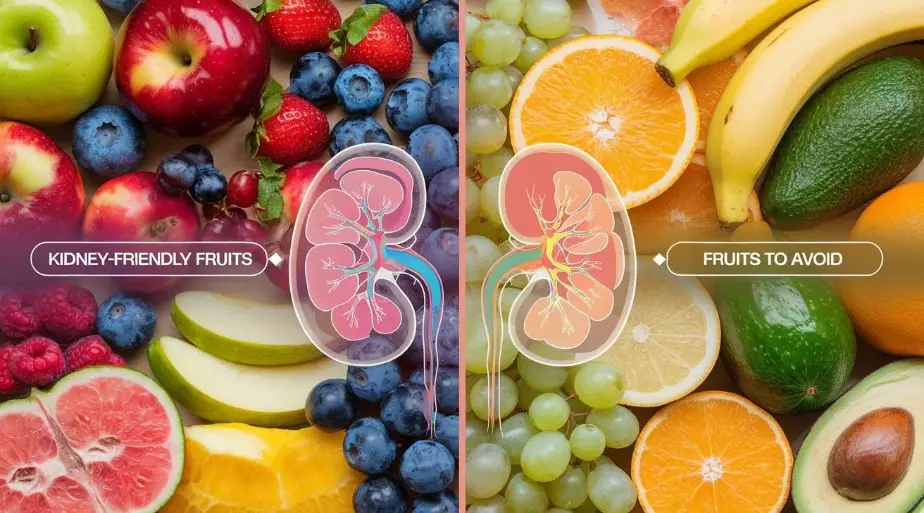
Should Kidney Patients Avoid Grapefruit Completely?
While grapefruit is generally healthy for the general population, people with chronic kidney disease — particularly those in moderate to advanced stages — should avoid or strictly limit grapefruit unless cleared by their healthcare provider.
Two main risks make grapefruit unsuitable for kidney patients:
-
Its high potassium content, which may trigger hyperkalemia.
-
Its powerful drug interactions, which can increase medication levels to harmful ranges.
Kidney patients should always consult their doctor or dietitian before including grapefruit or grapefruit juice in their diet. Safer, lower-potassium fruit alternatives include apples, blueberries, strawberries, pears, and pineapple.
Protecting kidney health requires attention to both nutrition and medication management—and avoiding high-risk foods like grapefruit is an important part of that process.
News in the same category


Coffee is very good for your health but avoid drinking it at these two times.

After drinking beer for 30 years, I’ve just discovered a “little secret” on the bottle cap

Bit:ten by a Snake? Do These Things First to Stay Safe
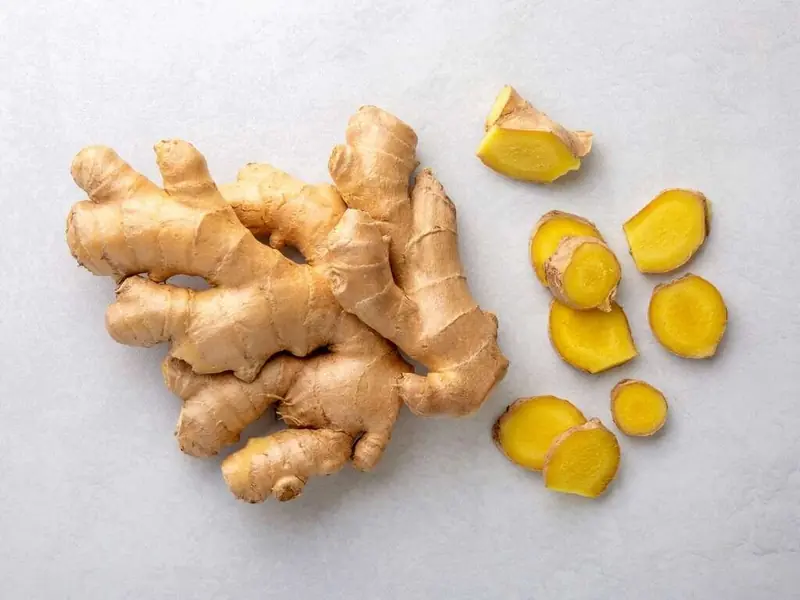
Avoid ginger if you have these 5 health problems..

6 Plants That Attract Snakes Into Your Home
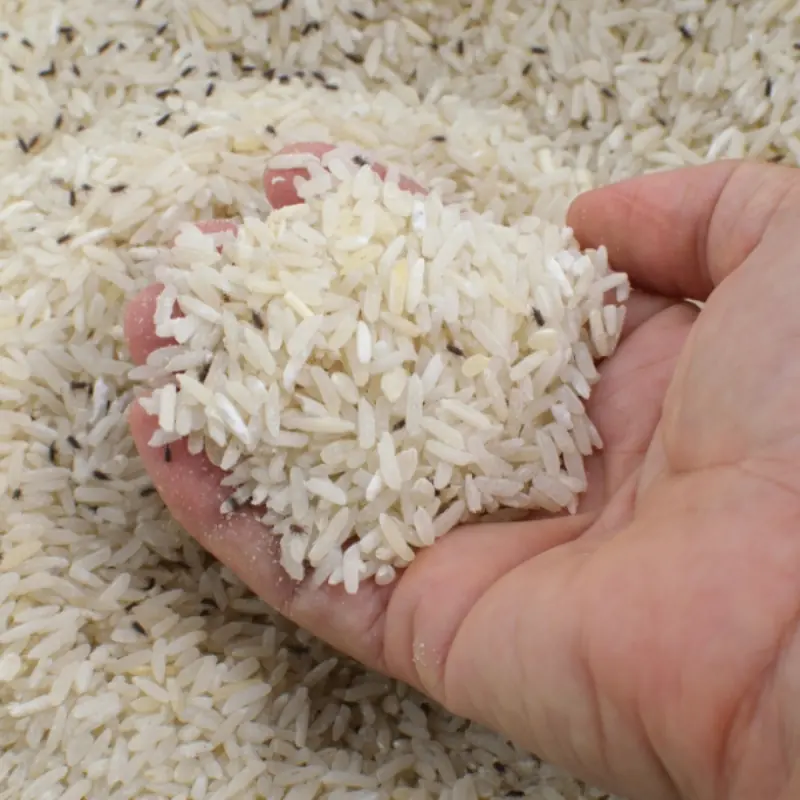
How to Store Rice to Prevent Weevils and Mold: Simple Tips to Keep It Fresh

Go to the car and turn on the air conditioner to sleep when the house has a power outage: A survival note

Little-known tips for using towels to ensure safety when staying at hotels
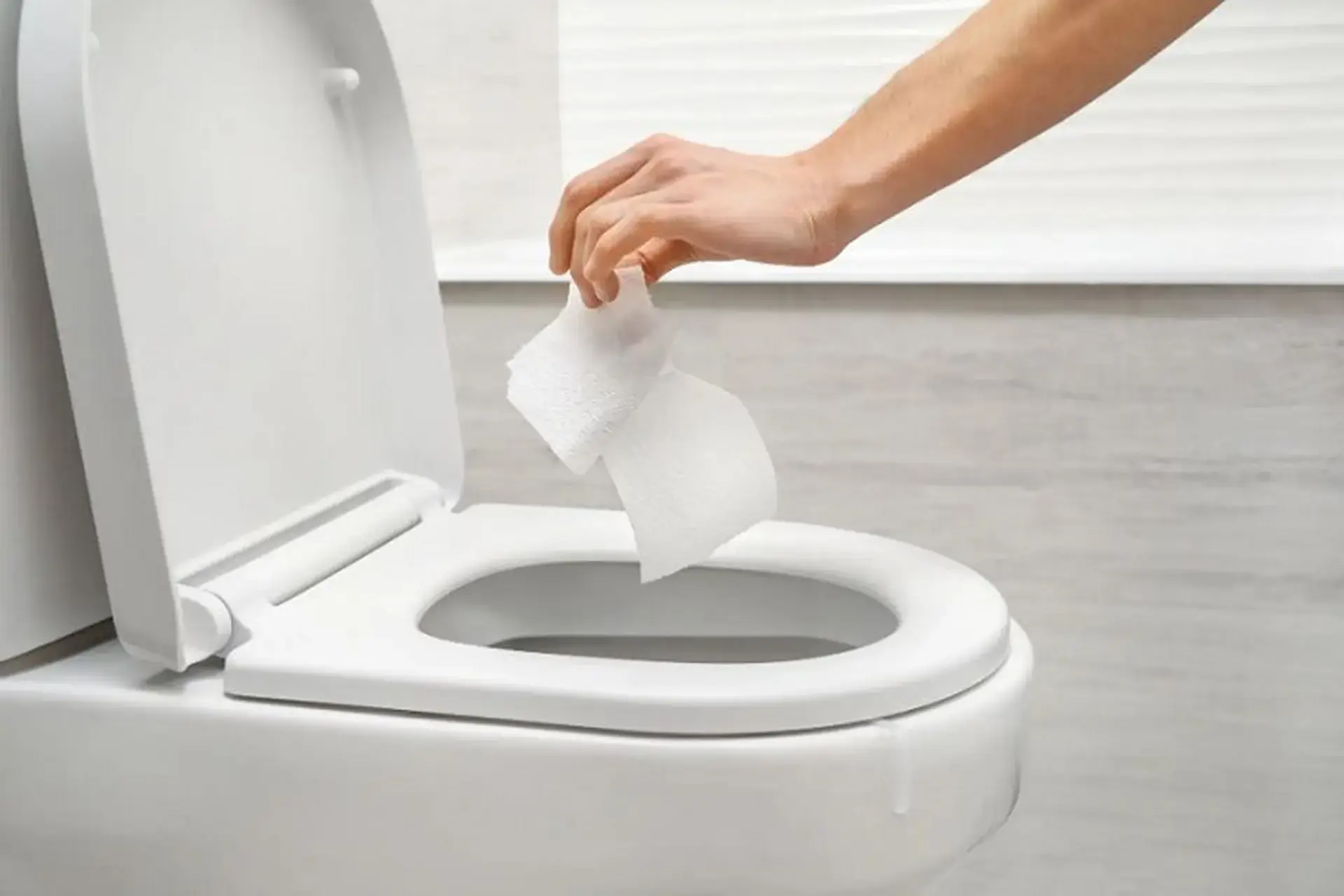
Why Dropping a Piece of Toilet Paper into the Toilet Before Using It Can Improve Hygiene and Comfort

3 Simple and Effective Ways to Keep Your Home Completely Mouse-Free

The reason why many people pour salt into clogged toilets

How to Enjoy Your Air Conditioner Without Stressing About Power Bills

Four parts of a rice cooker you must clean — or you might end up eating rice with cockroaches!
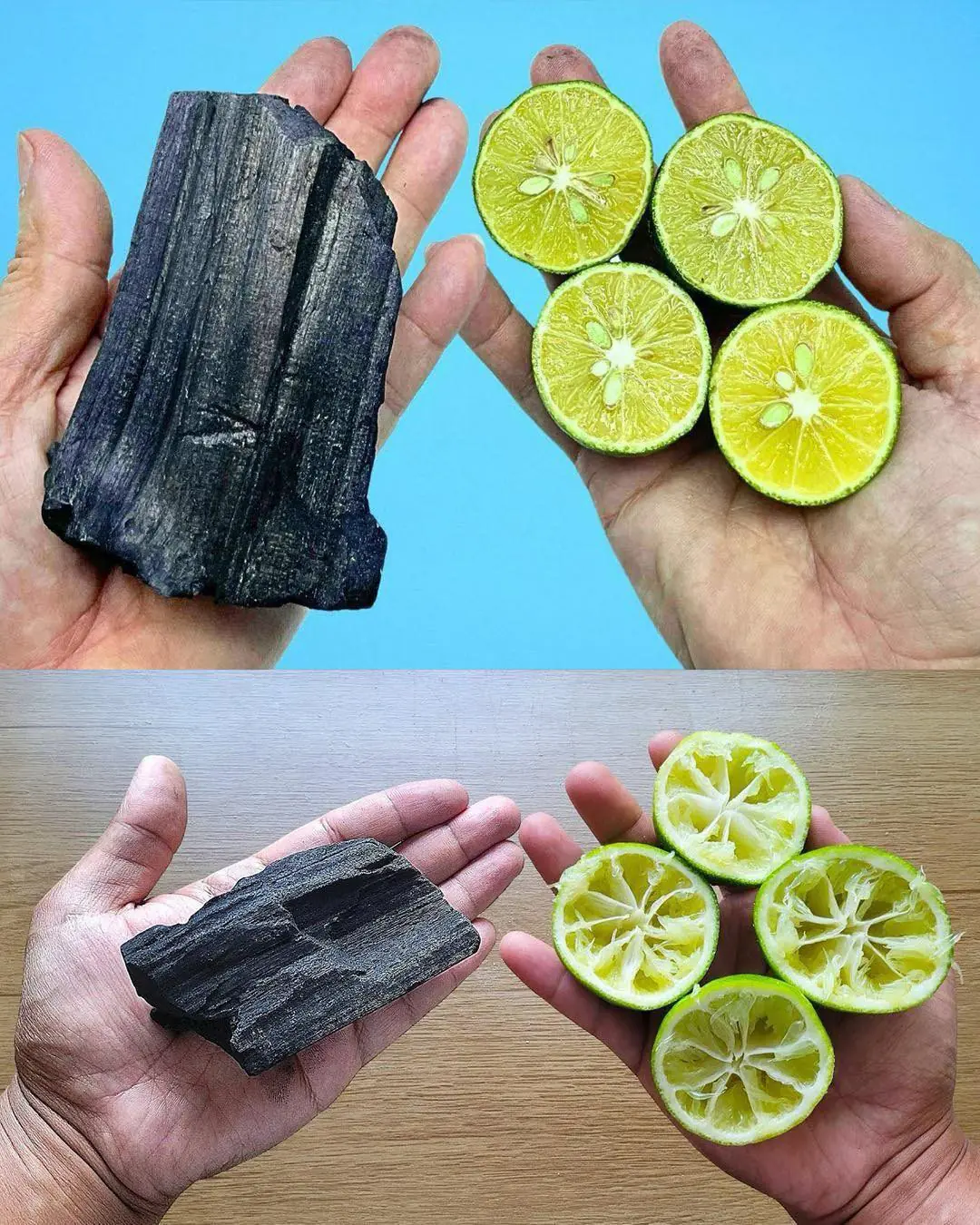
The Magic of Lemon Juice and Activated Charcoal: Natural DIY Solutions for Skin and Teeth

Winter is coming, no need to buy a heater, the house is still warm thanks to this, homeowners save 50% on electricity bills every month

10 Simple Tips to Make Sure You Never Get Fooled by Fake Goods Again

7 Bad Habits That Harm Your Heart

7 Signs Your Body Might Be Iron Deficient
News Post

Indoor Air Quality: 6 Common Household Items That May Affect Your Lungs — And How to Use Them Safely

What are the health consequences of dehydration?
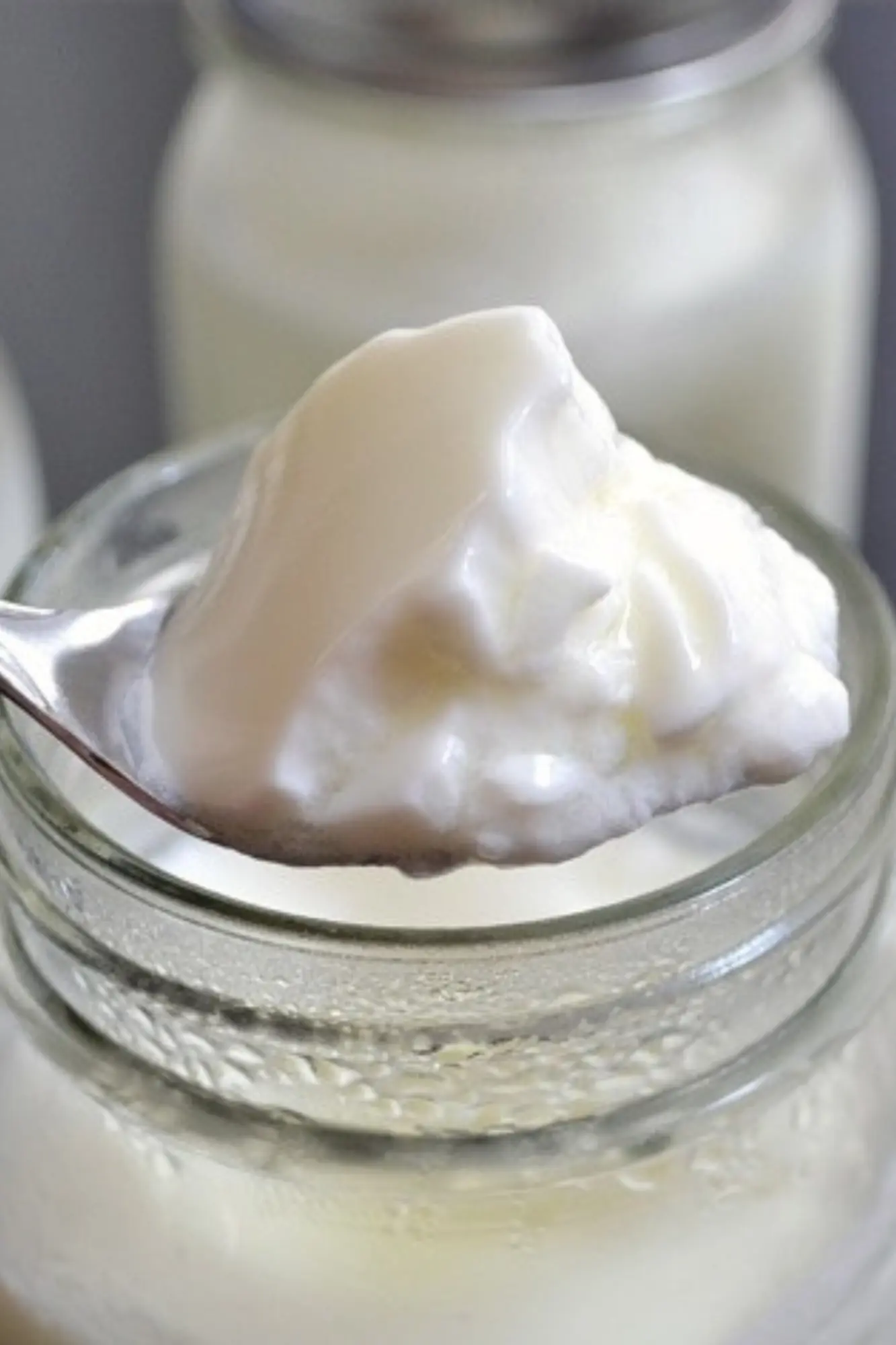
5 common mistakes when using yogurt that can be harmful to your health that you may not know

Scientists May Have Actually Found One Of The Causes Of Autism
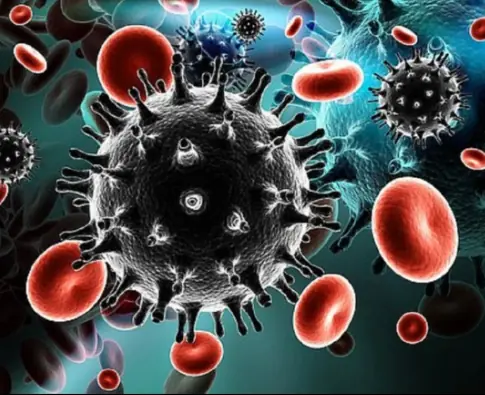
Itching in 9 Areas: A Warning Sign of Malignant Tumors, Number 7 Is the Most Common

Doctors Warn: Stroke May Present a Subtle Early Sign Up to Three Months Before It Occurs

7 Signs of Mini Stroke in The Elderly

8 Early Warning Signs Of Ovarian Can:cer You Shouldn’t Ignore

What Does It Mean When You Dream About Someone Close Who’s Died?

5 Alarming Stroke Warning Signs to Watch for in Young People

What Are Eye Floaters? Here What To Do If you Start Seeing Them, According to an Eye Doctor

36-Year-Old Teacher Dies From Diabetes Doctors Say Was Triggered By Everyday Foods

Discover Love in the Little Things: Everyday Connections

Itching in 9 Areas: A Warning Sign of Malignant Tumors, Number 7 Is the Most Common

The Hidden Danger Hour: Doctors Warn Sleeping at This Time Could Trig:ger 4 Serious Health Problems

Heartbreaking but Important: Subtle Signs Your Dog May Be Nearing the End of Life

Why Many Modern Hotels Use Transparent Glass Bathrooms - The Real Reasons Behind the Design
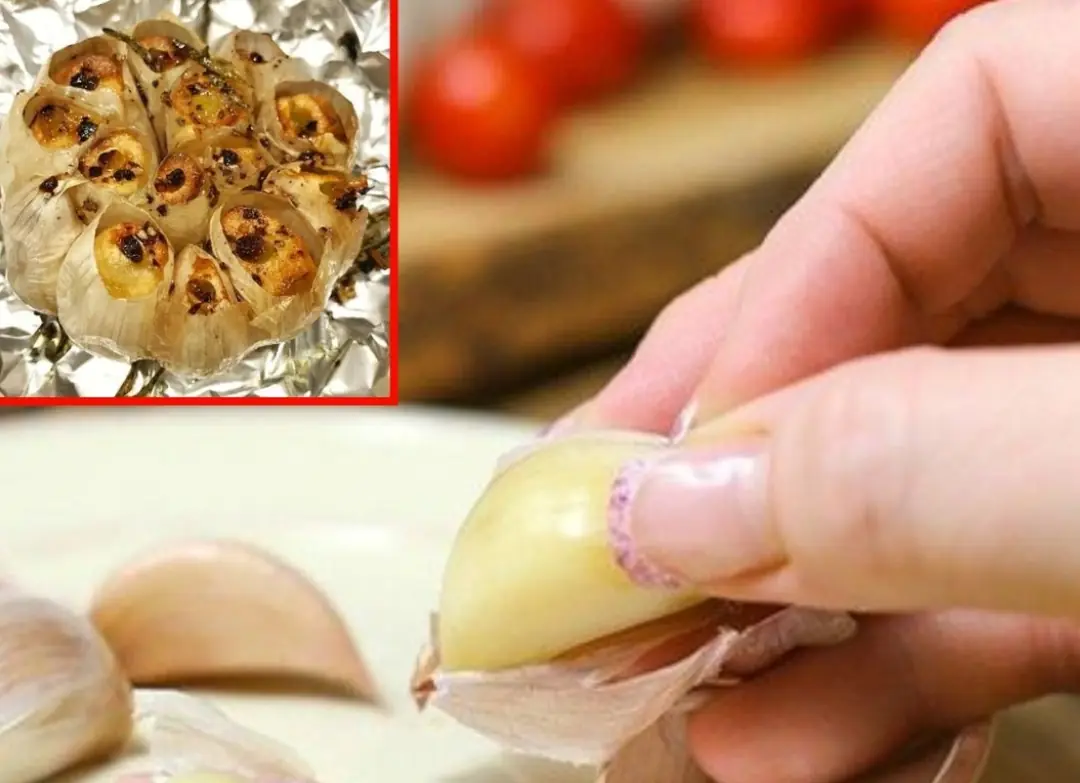
Put a piece of garlic in the middle of the tree, it has great uses, everyone will want to do it

3 “Golden” Foods That Help Women During Menopause
